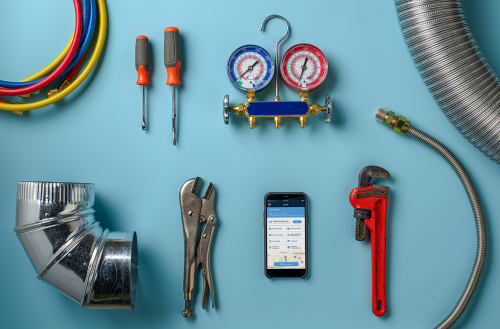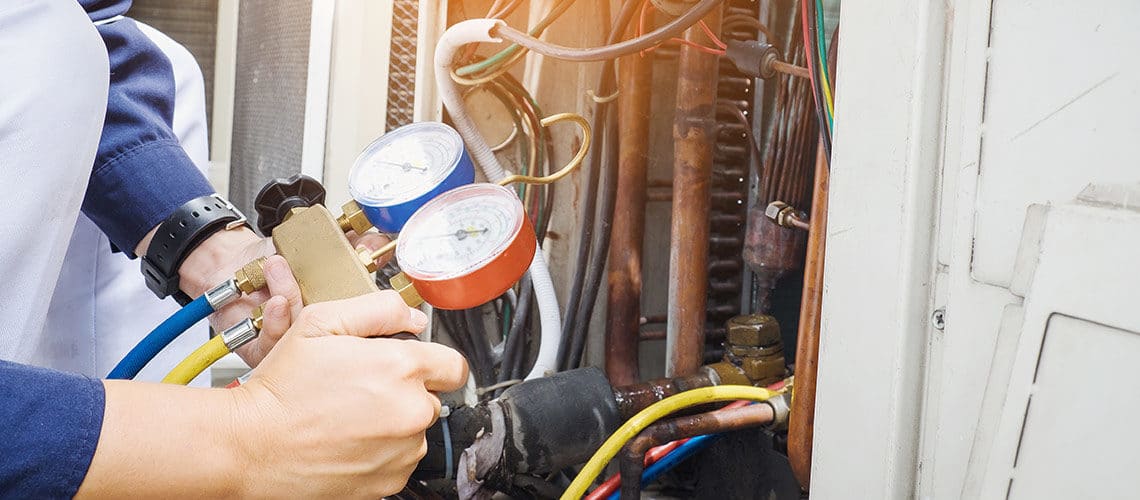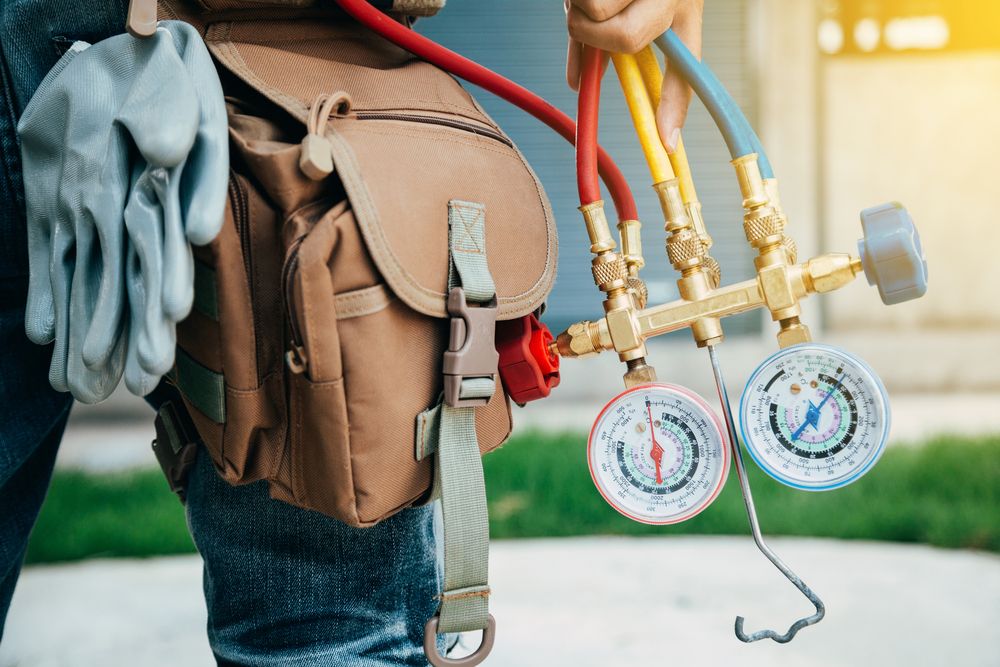Energy-Efficient A/c Systems to Reduce Energy Expenses
As power expenses remain to rise, the significance of energy-efficient a/c systems ends up being progressively obvious. These systems not only assure substantial savings on energy costs yet additionally add to a much more sustainable future by lessening energy consumption. With various alternatives available, including geothermal warmth pumps and ductless mini-splits, homeowner face a multitude of choices that can boost convenience and air quality. However, recognizing the vital features and maintenance demands is important to making the most of these advantages. What aspects should be prioritized when picking the ideal system for your needs?
Benefits of Energy-Efficient Cooling And Heating Solutions
Energy-efficient Heating and cooling systems offer many benefits that prolong beyond plain expense financial savings. By taking in much less power, these systems contribute to lower greenhouse gas emissions, assisting to fight environment adjustment and advertise sustainability.
In addition, energy-efficient a/c systems frequently offer improved comfort levels. A number of these systems include sophisticated modern technology that permits for far better temperature level control and improved air quality (DMAKS HVAC). This results in a healthier indoor atmosphere, which is especially crucial for individuals with allergies or respiratory problems
Moreover, purchasing energy-efficient a/c systems can improve building worth. As even more consumers prioritize energy effectiveness, homes and buildings geared up with these systems may attract higher bids in the property market.
Sorts Of Energy-Efficient Cooling And Heating Options
How can property owners and organizations pick the most suitable energy-efficient cooling and heating options for their demands? The market offers a selection of energy-efficient heating and cooling systems, each developed to boost comfort while minimizing energy usage.
One choice is the variable cooling agent circulation (VRF) system, which successfully manages the temperature level in numerous zones within a structure. This system adapts its cooling agent flow to match the desired temperature level, bring about considerable energy financial savings.
One more prominent choice is geothermal heat pumps, which use the earth's stable temperature level to heat and cool rooms. By moving warmth to and from the ground, these systems demonstrate impressive performance, specifically in modest climates.
Furthermore, ductless mini-split systems provide an energy-efficient option for homes lacking ductwork. These systems permit zone-specific heating and air conditioning, decreasing power waste in unoccupied locations.
Finally, high-efficiency heaters and air conditioning system, with advanced SEER and AFUE scores, use trustworthy climate control while taking in much less power than typical models. By assessing these alternatives, homeowners and companies can pick a heating and cooling system customized to their specific needs and power effectiveness goals.
Trick Attributes to Take Into Consideration

Following, investigate the type see this site of compressor utilized in the system. DMAKS HVAC. Variable-speed compressors can readjust their output to match the home heating or cooling need, resulting in boosted comfort and power cost savings contrasted to single-speed designs. Additionally, try to find systems equipped with wise thermostats that offer programmable setups and remote gain access to, permitting much better control over power consumption
An additional important function is the system's air filtration capability. High-efficiency filters can enhance indoor air quality and reduce energy usage by ensuring the system runs effectively. Take into consideration the kind of cooling agent made use of; contemporary systems typically utilize environmentally friendly refrigerants that have a reduced environmental impact.
Lastly, make certain that the system works with zoning technology, which enables customized temperature level control in various areas of your home, enhancing comfort while minimizing power usage.
Tips for Choosing the Right System


Following, think about energy effectiveness rankings, specifically the Seasonal Energy Effectiveness Ratio (SEER) for cooling down systems and the Yearly Gas Use Efficiency (AFUE) for heating unit. Greater scores indicate greater performance, which can lead to considerable savings on utility costs gradually.
Furthermore, evaluate the sort of cooling and heating system that ideal fits your lifestyle advice and spending plan. Choices include central air, ductless mini-splits, and heatpump, each with its very own set of benefits and drawbacks.
Do not neglect the importance of correct setup and sizing; an incorrectly sized system can bring about inefficiencies and increased wear. Last but not least, consult with a specialist heating and cooling contractor to acquire professional referrals tailored to your home's one-of-a-kind demands. This comprehensive approach will guarantee that you select an energy-efficient a/c system that fulfills your requirements and spending plan properly.
Upkeep for Ideal Performance
Once the ideal cooling and heating system remains in location, continuous upkeep becomes essential to guaranteeing optimum efficiency and longevity. A well-kept system runs more effectively, leading to reduced power intake and reduced utility bills. Regular inspections and tune-ups ought to be arranged at the very least two times a year-- once before the cooling season and when before the home heating period.

House owners need to likewise be watchful regarding checking their a/c system's performance. Unusual noises, rising and fall temperatures, or increased energy expenses can suggest underlying issues that require immediate attention. By attending to these concerns immediately, homeowners can protect against expensive fixings and expand the life expectancy of their systems.
Buying an upkeep plan with a certified technician not just boosts performance yet likewise provides tranquility of mind, recognizing that the system is operating at its finest. DMAKS HVAC. Regular upkeep is consequently necessary for sustaining energy performance and decreasing general functional expenses
Verdict
In final thought, energy-efficient HVAC systems offer a viable remedy for lowering utility bills while boosting convenience and air top quality. By integrating sophisticated innovations and choices such as geothermal heatpump and ductless mini-splits, homeowner can accomplish substantial energy financial savings and add to environmental sustainability. Mindful factor to site web consider of system functions and ongoing maintenance additionally guarantees optimal efficiency, making energy-efficient systems a sensible financial investment for both economic and eco-friendly advantages.